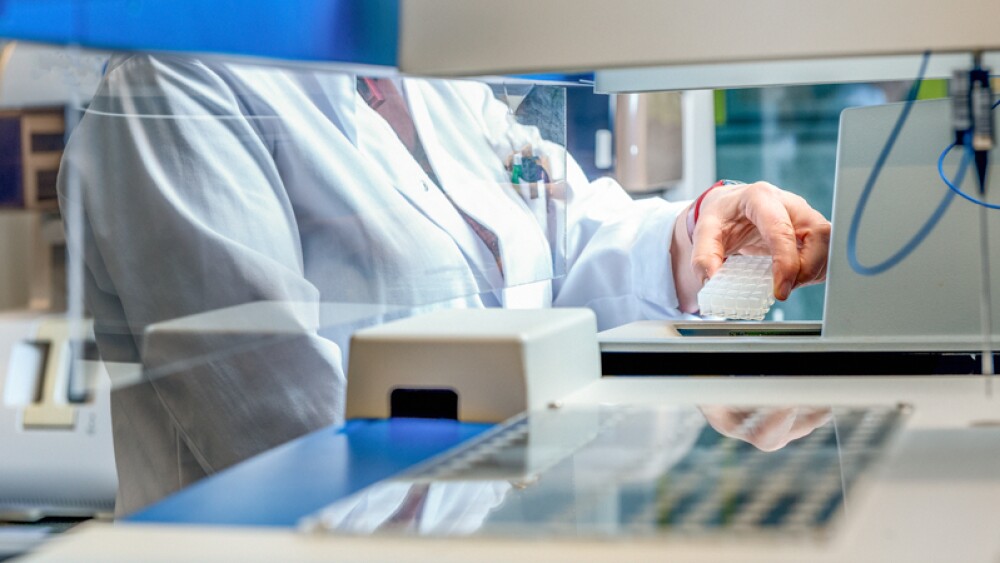May 15, 2017
By Mark Terry, BioSpace.com Breaking News Staff
In a proxy statement last month, Cambridge, Mass.-based Biogen indicated that Spyros Artavanis-Tsakonas, the company’s chief scientific officer, was stepping down to act as a part-time “visiting scientist.”
As part of Artavanis-Tsakonas leaving, the company made a deal with Harvard University where Artavanis-Tsakonas and his laboratory at Harvard Medical School will continue to do research work related to Biogen interests.
The proxy filing states, “We believe the Research Agreement will support the identification of new drug targets and pathways in a resource efficient manner. Under the Research Agreement, we have an option to negotiate an exclusive license to any invention resulting from projects funded under the agreement. Dr. Spyros Artavanis-Tsakonas is the Principal Investigator and directs the activities of the Artavanis-Tsakonas Laboratory and is a Professor of Cell Biology at Harvard Medical School. Dr. Artavanis-Tsakonas currently serves as a Visiting Scientist at Biogen, which is a part-time position, and previously served as our senior vice president, chief scientific officer. This research Agreement requires us to make payments to Harvard University of $1.7 million per year, of which $1.0 million per year will directly fund the sponsored research at the Artavanis-Tsakonas Laboratory. The Research Agreement has an initial term of five years and may, after three years, be terminated on six months’ notice if certain milestones have not been met.”
Artavanis-Tsakonas is yet another in a line of high-level executives leaving the company. In 2015, the head of R&D, Doug Williams and the head of commercial operations, ony Kinglsey, left. In 2016, Adam Koppel, corporate development and strategy chief, Matt Griffiths, chief information officer, and George Scangos, chief executive officer, all left. Scangos was replaced by Michel Vounatsos. In March of this year, Adriana Karaboutis, executive vice president of technology, business solutions, and corporate affairs, left the company.
In other news, Biogen announced today that it had acquired Remedy Pharmaceuticals’ Phase III candidate, Cirara (intravenous glyburide) for large hemispheric infarction (LHI), a severe form of ischemic stroke. Cirara has received Orphan Drug Designation for severe cerebral edema in patients with acute ischemic stroke by the U.S. Food and Drug Administration (FDA), as well as Fast Track designation.
Biogen is paying Remedy Pharmaceuticals $120 million up front with possible milestone payments and royalties. The company is currently conducting a Phase IIb trial with its own monoclonal antibody natalizumab in acute ischemic stroke to evaluate if it can improve functional outcomes by limiting brain inflammation in the post-stroke period. If successful, it and Cirara would be able to treat different populations of stroke patients.
“Building on our leading position in multiple sclerosis, spinal muscular atrophy, and Alzheimer’s disease research, we see a compelling opportunity in stroke where we can leverage our core expertise in neuroscience to make a major difference in patient care,” said Michael Ehlers, Biogen’s executive vice president, Research and Development, in a statement. “Cirara represents a potential breakthrough stroke treatment that accelerates our efforts to build a portfolio of new therapies for neurologic diseases. We believe the data supporting the potential of Cirara are compelling and that Cirara can be a first-in-class therapy that gives physicians the ability to meaningfully improve patient outcomes in an area where effective treatments have been few and far between.”





